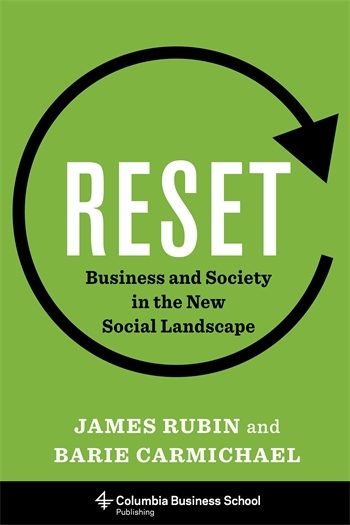Peter Maguire on Cambodia's Troubled Tribunal
In yesterday’s New York Times, Peter Maguire, author of Facing Death in Cambodia, examines the upcoming war crimes trials of four former Khmer Rouge political leaders. Maguire argues that given that these figures only gave orders and did not carry them out it will be more difficult for the court, the Extraordinary Chambers in the Courts of Cambodia (ECCC), to convict them.
Further muddying the issue is the role of Cambodia’s present and “all-powerful” ruler Hun Sen, who has openly stated that he hopes the ECCC fails. Fearing that the trials will jeopardize peace in Cambodia, Hun Sen and the Cambodian government have interfered with the administration of justice at the ECCC.
Maguire concludes his op-ed by speculating on what’s at stake in the trials and what it means for the Cambodian people:
The biggest problem facing the ECCC is living up to it’s own hype. Claims that such trials lead to healing, closure, truth and reconciliation are speculative at best. How does one measure “healing, closure and reconciliation”?
While most Cambodians would like to see the Khmer Rouge leaders punished, they’ve grown used to seeing common thieves and their government’s political opponents suffer far worse punishment than that meted out to Duch [a low-level Khmer Rouge official]. Bou Meng, a survivor of the Tuol Sleng prison, described Duch’s sentence to reporters as “a slap in the face.”
The U.N. legal experts and their cheerleaders in the human rights industry have lost sight of a basic fact: No matter how procedurally perfect the ECCC is, if it outlives the people it was supposed to try, it cannot be judged a success.


